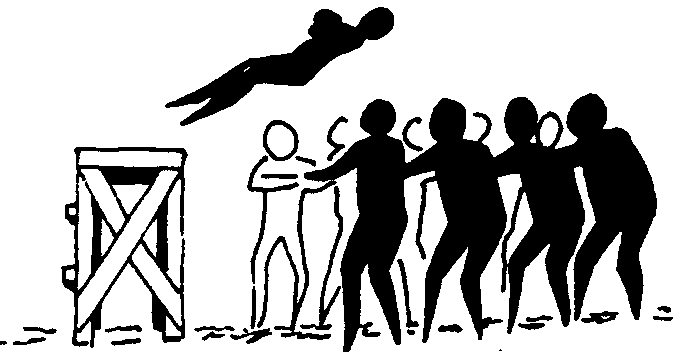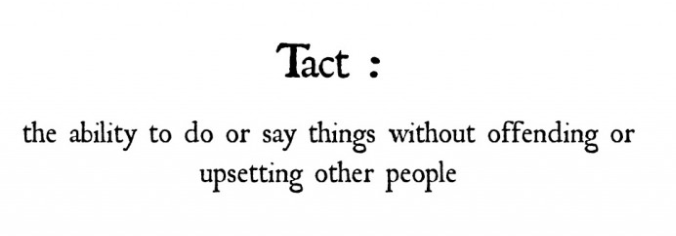
Categories
- Case Study (4)
- Coaching (6)
- Direction (1)
- Entrepreneur (1)
- Experience Innovation (8)
- Leadership (9)
- Leadership (14)
- Strategy Consulting (8)
Recent Posts
Companies can sometimes devote endless time and resources to recruiting so-called rock stars who promise to scale the business to higher levels. These leaders can be charming, charismatic and inspiring. They show drive, ambition and persistence in the face of challenges, promise big things and often make them happen. These characteristics and their self-confidence are what appeals to those who hire them.
Yet sometimes, what was thought a rock star leader is a disruptive leader. Their self-confidence can veer into arrogance and prevent them from collaborating with others. They can be dominant and short-tempered, quashing dissent and discouraging team collaboration. Their bold, individualistic behavior becomes disruptive to a team and the culture of a company.
Frequently, the behavior is tolerated because the executive is highly skilled in an area where there may be a limited knowledge pool. In one instance, an executive told me they had to build an infrastructure around a Chief Medical Officer who was critical to the vision and growth of the company, yet severely lacked organizational and team leadership skills.
These leaders tend to focus single-mindedly on one objective. They’re so determined to reach their goals, they neglect the team’s needs.

One of the most important attributes of productive teams is psychological safety. For teams to reach their full potential, members must be able to take risks without feeling insecure or fearing that they will be embarrassed or penalized in some way.
Disruptive leaders can be toxic to a work environment. By squashing conflict or making others feel embarrassed or insecure because of mistakes, they discourage creativity and ingenuity.
When their individualistic behavior is inconsistent with the values touted by a company, employees start to question the values of the company and authenticity of the leaders. In turn, employees lose respect for the leaders who ignore or tolerate disruptive behavior. This leads to dissatisfied and less engaged employees.
Research conducted by author and business consultant Marcus Buckingham on highly engaged teams identified the following key characteristics:
Highly engaged and productive team members are:
If a work environment isn’t friendly or safe, it makes sense that employee engagement and satisfaction declines. It’s hard to thrive if you’re not surrounded by people you respect and do not feel safe to share your ideas or strengths. It then becomes a clear decision. Do you allow disruptive behavior to continue and watch your culture and employee engagement decay or do you take steps to address the behavior?

Leading a company can be extremely stressful. It requires being visionary, innovative and fiercely competitive without being overbearing.
Effective leaders, despite this stress, take time to understand and leverage the value others bring to the table and respect the different thoughts and ways people approach challenges. They develop tact, a skill that takes both brains and discipline.
When someone is not operating fast enough or not meeting a goal, leaders with tact hold back from causing pain or making things worse. They have learned the art of being gracious. Instead of taking the path of the disruptive leader, they get curious. They learn what is behind the challenge or struggle. These leaders act with integrity and treat people with respect. They understand the importance of building trust and fostering a culture of collaboration.

Treating people with respect, acting with integrity…these are behaviors that require daily practice before becoming habits. They are behaviors disruptive leaders can learn when open to change and receptive to expanding their leadership skills.
Rock star leaders inspire employees and others because they are effective at managing the daily battle of being consistent, rational, tactful, and committed. They demonstrate a daily conviction to doing what is right and become energized by the results.
Next time you find a disruptive leader at your doorstep, take action by sharing the behaviors that are not consistent with your values; tactfully lay out the options for change, and demonstrate your convictions by ensuring toxic behavior doesn’t degrade the fabric of your organization.
—————————
Allexe Law is an executive coach and founder of ArtScience Group, a business consulting practice providing executive coaching, organizational and leadership development and executive peer exchanges. Learn how ArtScience Group can help you become a great leader.